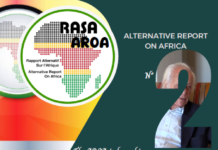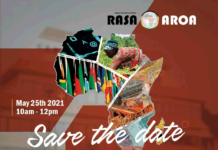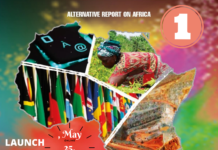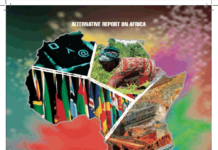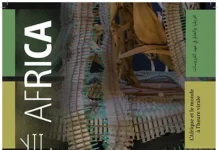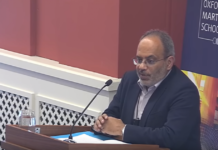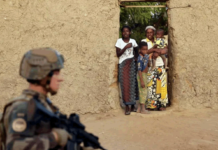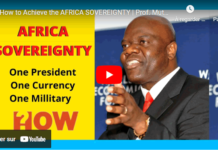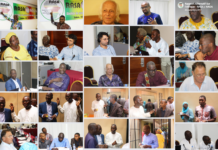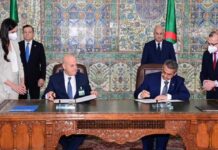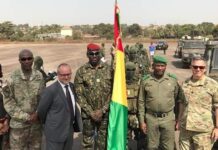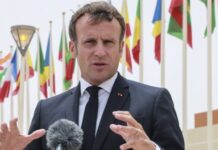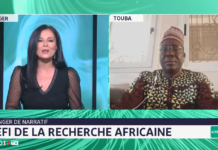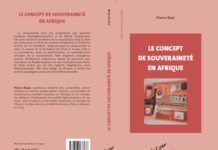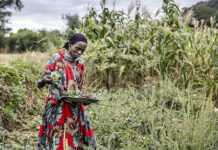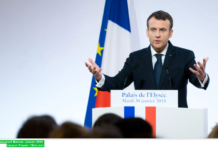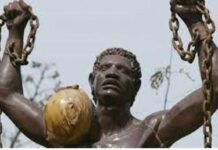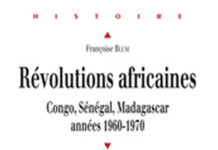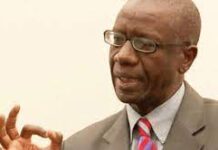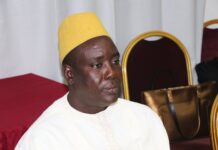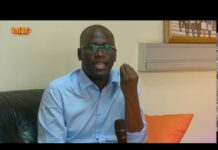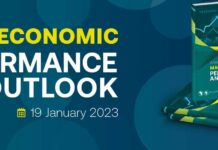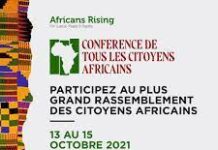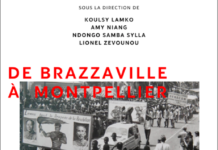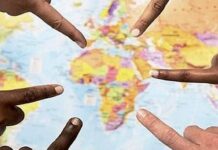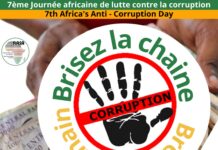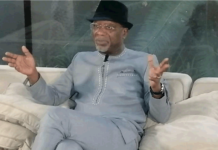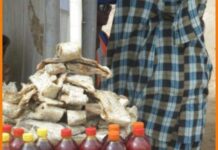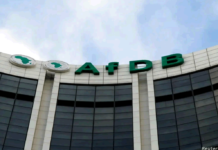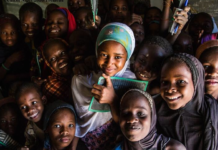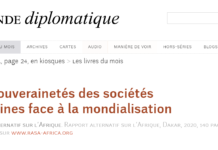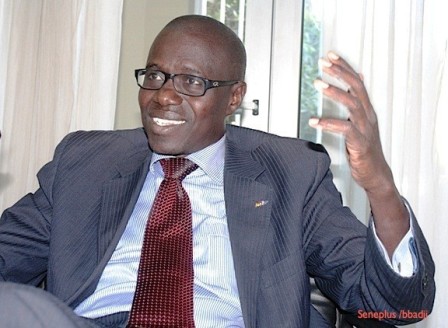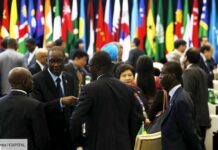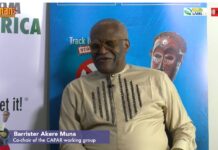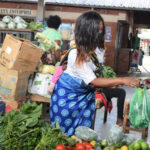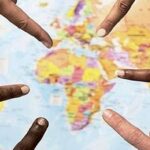25/07/2019
Africa Tribune: From the outside, how has the Moroccan economic model evolved over the past two decades?
Mubarak Lo: Since his accession to the throne, His Majesty King Mohammed VI has wanted to integrate Morocco further into the global economy. The Kingdom has therefore put in place a new strategy focused on promoting Morocco’s global trades, whereas many developing countries, particularly in Africa, were content with exploiting their natural resources in their raw state.
Based on a comparative analysis of the international situation, Morocco has positioned itself on a few innovative products such as automobiles and aeronautics. This is a new approach. It is one of the first African countries to position itself in this field. Apart from Morocco, South Africa and Tunisia, no other African country has positioned itself, until recently, in this niche of manufacturing aeronautical parts. This type of activity requires very high standards in terms of product reliability and generally it is sophisticated economies that position themselves in this type of product. Entry into this closed segment has meant setting up a whole ecosystem around the industries, in terms of speed of customs clearance procedures, human capital, infrastructure and financing possibilities. All this has been developed notably around the port of Tangier Med with the setting up of the Tangier Free Zone. There is also the development of a second pole around Kenitra. While proceeding with these innovations, Morocco has tried to consolidate its traditional sectors such as textiles and clothing.
Morocco has always been active in the field of clothing, even though it is not a cotton producing country and covers a good part of its domestic demand in clothing. It is also distinguished by the development of an important transformation capacity in the agro-food domain. The Kingdom is distinguished by other traditional strengths such as its phosphate production, of which it is the world’s leading exporter.
As regards phosphate, Morocco has considerably improved its production and the value of its exports in recent years. How did this transformation take place?
Morocco has diversified its production of phosphate products and improved its processes and methods. If we take the case of a company like OCP, it intervenes a lot in Africa with producers with targeted services, particularly in soil analysis and the adaptation of its fertilisers to the specific needs of farmers. Its methods of intervention are becoming increasingly complex.
What are the strong points on which Morocco can still rely to maintain and accelerate its pace of economic development?
Morocco’s strengths are firstly its geographical position. It enjoys a privileged position at the gateway to Europe and at the northernmost point of the African continent, a crossroads for several global trade flows. It is a natural passageway from one continent to another. Leaving the Pacific towards the Atlantic, world trade flows through the Suez Canal before passing through Tangiers to cross the Atlantic towards North America, South America and Europe. This strategic position is one of Morocco’s specificities, to which is added its political stability. The fact that Morocco is a Kingdom is a guarantee of assurance for investors who are aware that the economic orientations are established in the long term. The other strong point of Morocco is the development of a whole network of infrastructures.
Over the last two decades, Morocco has invested in and developed one of the densest infrastructure networks in Africa. Is this a necessary step towards economic emergence?
Infrastructure is the basis for developing connectivity. Without connectivity, it is difficult to integrate global flows. Today, companies at the global level manage global strategies. To be considered in these global strategies, countries must be able to deliver quality products within specific timeframes, hence the interest in having appropriate infrastructures. Otherwise, despite the opportunities offered, investors will not come. Speed has become essential at the global level to be attractive, and to this must be added precision and quality.
For several years now, Morocco has featured prominently in world rankings compared to other countries on the continent. In what areas can it inspire other African economies?
Africa needs continental models. When Africans are asked to draw inspiration from Asian or other models, they often respond with: « What about our realities? That is why it is important to have successful countries on the Continent whose socio-cultural realities are relatively similar. African countries have more in common with Morocco than with China or Korea. At the same time, it is a stimulus for the others. We have an African ensemble where if some countries progress, others will want to keep pace and aspire to the same level of development. It is this double role that Morocco can play, both as an anchor in terms of a model to follow, and as an emulation for other countries on the continent.
With regard to this sharing of experiences, how could it be better organised and optimised between Morocco and other African countries?
Governments always sign partnerships, but in the long run it should be a natural partnership driven by the private sector. Now, governments can develop the institutional frameworks, the legal frameworks, the infrastructure, but also the information systems that allow for better trade. Once these elements have been put in place by the African states, it is the private sector’s turn to play its role, to take over. Because the horizon is clear and there are many opportunities for partnerships, particularly in the field of the local transformation of raw materials.
Today, the great challenge for Africa is the transformation of agricultural products and oil and mining resources to create more added value. Africa is increasingly aware of the need to invest in processing and many countries have put in place strategies to develop the processing sector. Morocco has made great strides in the processing of agricultural production. Other African countries are also very advanced in this area. This is the case of Côte d’Ivoire, which has an ambitious industrial development plan for cocoa and cashew nuts. Senegal has adopted a similar policy, particularly in the groundnut sector. We need to share experiences, capitalise on these achievements and continue this offensive strategy to promote processing. The day Africa succeeds in meeting the challenge of transformation, its countries could be among the emerging countries.
What economic « pitfalls » do you think Morocco and most African countries should avoid in their quest to emerge?
According to our index, the Synthetic Index of Economic Emergence or SIEME, which takes into account a number of variables, Morocco and South Africa are among the emerging countries. For Morocco, it is enough to maintain its trajectory while taking into account the fact that each economic level has its own requirements. Each country, depending on its state of development, has specific challenges to face. Morocco should consider the full scope of its situation and develop an appropriate strategy accordingly. In particular, it must succeed in the challenge of technological development, while developing strong job creation capacities.
Source: La tribune Afrique


